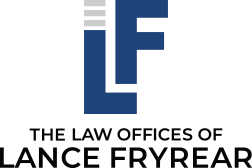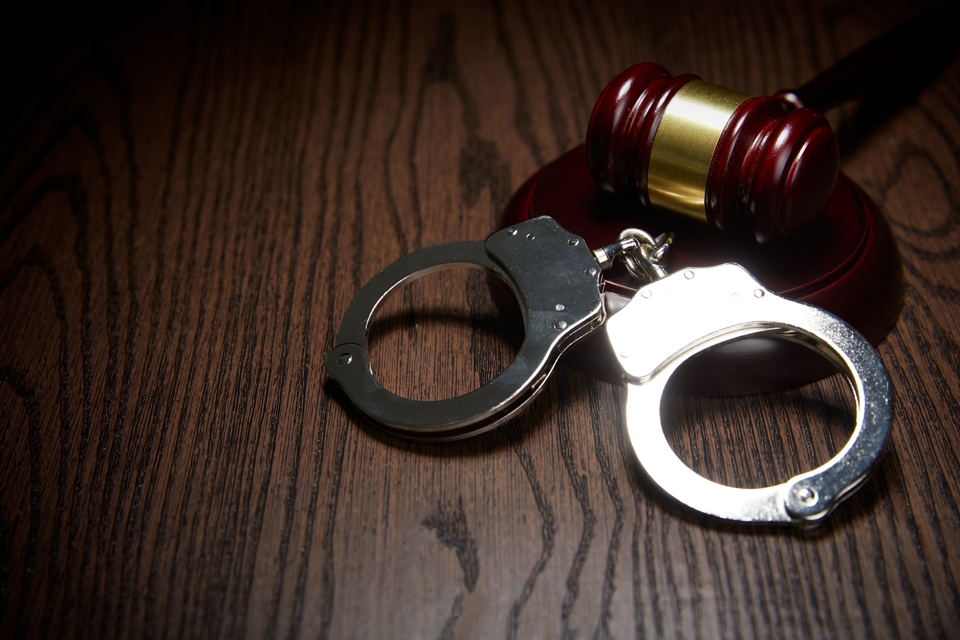If you get that knock on a door and a law enforcement officer hands you a pile of papers, this often means you have been served with a court order. The court order you have likely been served within Washington state is often called a protection order or a restraining order. The order can force you from your home and prohibit you from making contact with the protected party. If you are accused of violating the order, you will be arrested and held in jail. You could face up to a year in jail if you are convicted of violating a protection order. The scary thing is that someone got a restraining order against you without any notice to you. The good news is that the protection order or restraining order is temporary and you will have a chance to appear in court to tell your side of the story. If you do not appear, or if you appear and lose, the order could be permanent. A permanent loss of your freedom and rights. You may even be forced to turn in your guns or firearms, forever.
So how does the process work?
How did the protected party, who is listed as “Petitioner” in the papers you were served with, get the temporary order against you in the first place?
To get a temporary restraining order in Washington state against you, the Petitioner goes to a courthouse and fills out a petition for a Judge to review at an ex-parte hearing (a one-side only hearing). The Petitioner will write all types of claims against you in the petition that justify their request for the Judge to issue a temporary protection order against you. You are called the Respondent in a case like this. The Petitioner may say you threatened them, or followed them, or harassed them. In most cases, the Judge will grant the temporary order against you for a period of two weeks. For those two weeks, once you are served, you are restrained, and your rights are limited. You are subject to arrest if you violate this often-unfair order.
If you get served with a temporary restraining or protection order, you will need to check the order for the date, the time, and the location of the court hearing where you will be allowed to tell your side of the story. You must appear at this hearing or a default order will be issued against you. A default order means if you do not appear the Petitioner will get an order against you with whatever terms they asked for. This is not good.
When you do appear at the hearing, which you should, you will have very little time to tell your side of the story at the hearing. The hearing is usually very brief, often less than 15 minutes depending on the court. The court calendars are full, and the Judge may need to get through a dozen cases in less than an hour total. This is your ONLY CHANCE to tell your side of the story and try and avoid a permanent order against you. It is nearly impossible to appeal an order decision against you later as the standard for review is in the favor of the winning party and the Judge’s decision is rarely reversed.
So, what should you do if you are served with an order of protection in Washington state?
You should get a lawyer to file a response to the petition BEFORE the hearing date for the full order hearing. Think about it. When the Judge comes out to the bench at your one chance in court, he or she has already read the Petitioner’s side of the story. He or she may even have granted the temporary order against you just two weeks ago. If you do not have a solid, well-written, well thought out response filed PRIOR to court, you stand almost no chance of winning your case. It is imperative that you call a Lynnwood order defense attorney immediately upon being served with a Washington state protection order.
This applies to all six types of Washington state protection orders you may have been served with:
- Washington State Domestic Violence Protection Order: RCW 26.50
- Washington State Anti-Harassment Protection Order: RCW 10.14
- Washington State Sexual Assault Protection Order: RCW 7.90
- Washington State Stalking Protection Order: RCW 7.92
- Washington State Vulnerable Adult Protection Order: RCW 74.34
- Washington State Extreme Risk Protection Order: Initiative 1491
While it is helpful to come to court and tell your side of the story, it can be hard for a non-lawyer to effectively communicate his or her side of the story to the court. The various statutes that govern protection orders can be hard for a non-lawyer to understand. A skilled attorney with experience in dealing with protection orders can help you draft a response to the order petition. This response will concisely and effectively explain why a protection order is not appropriate. Or, alternatively, it will explain why YOU should be the one who is protected from the petitioner.
Sometimes, what you are being accused of in the temporary order may also be a criminal act. You may be being accused of assaulting your wife or boyfriend. You may be being accused of having sexual contact with someone or threatening someone. The police may be involved or may become involved. This means that you might also be facing criminal charges, such as Assault or Stalking or worse. In that case, it is especially important for you to work with an attorney who also practices criminal defense so that they can help you avoid self-incrimination. Anything you say in court, even in a civil protection order hearing, can be used against you in a criminal case later. An experienced attorney will draft a response to the protection order petition that will keep you from saying something damaging to your potential criminal case. The attorney may even be able to keep you from being charged in the first place.
If you get served with a temporary protection order, be sure to call an attorney. Do not try and navigate this hearing yourself. Emotions are high when you are accused of doing something or if it is blown out of proportion. Do not go it alone. The Law Offices of Lance Fryrear is experienced in dealing with protection orders and criminal cases. We want to be sure the court hears your side of the story. We want to protect you and make it so you can sleep again at night. Call us now to get the protection you need.




